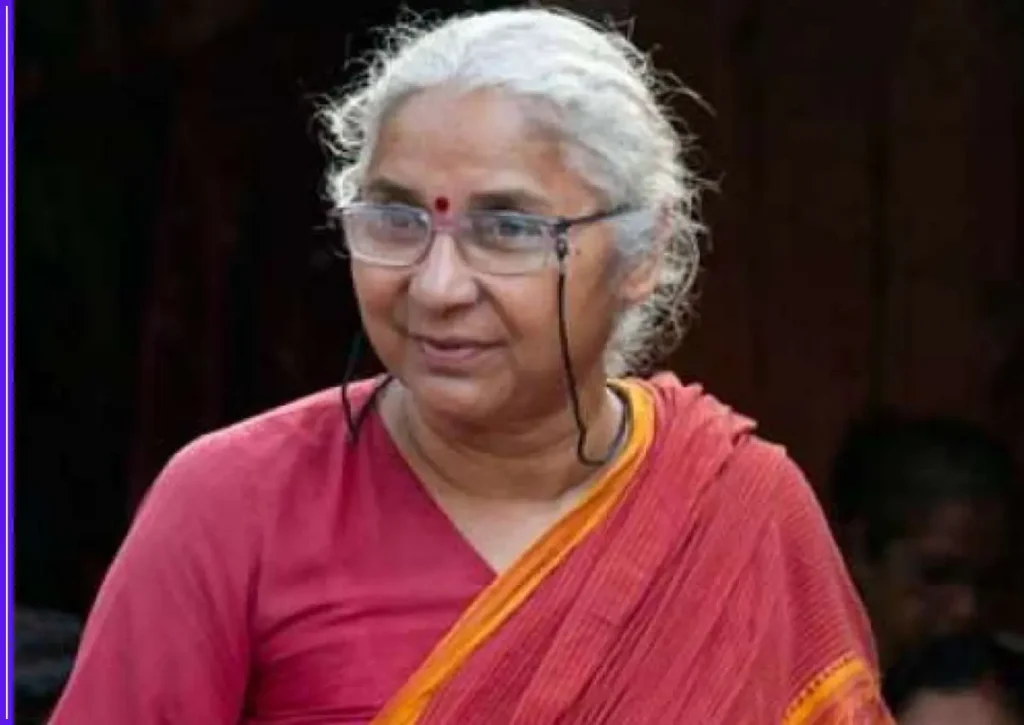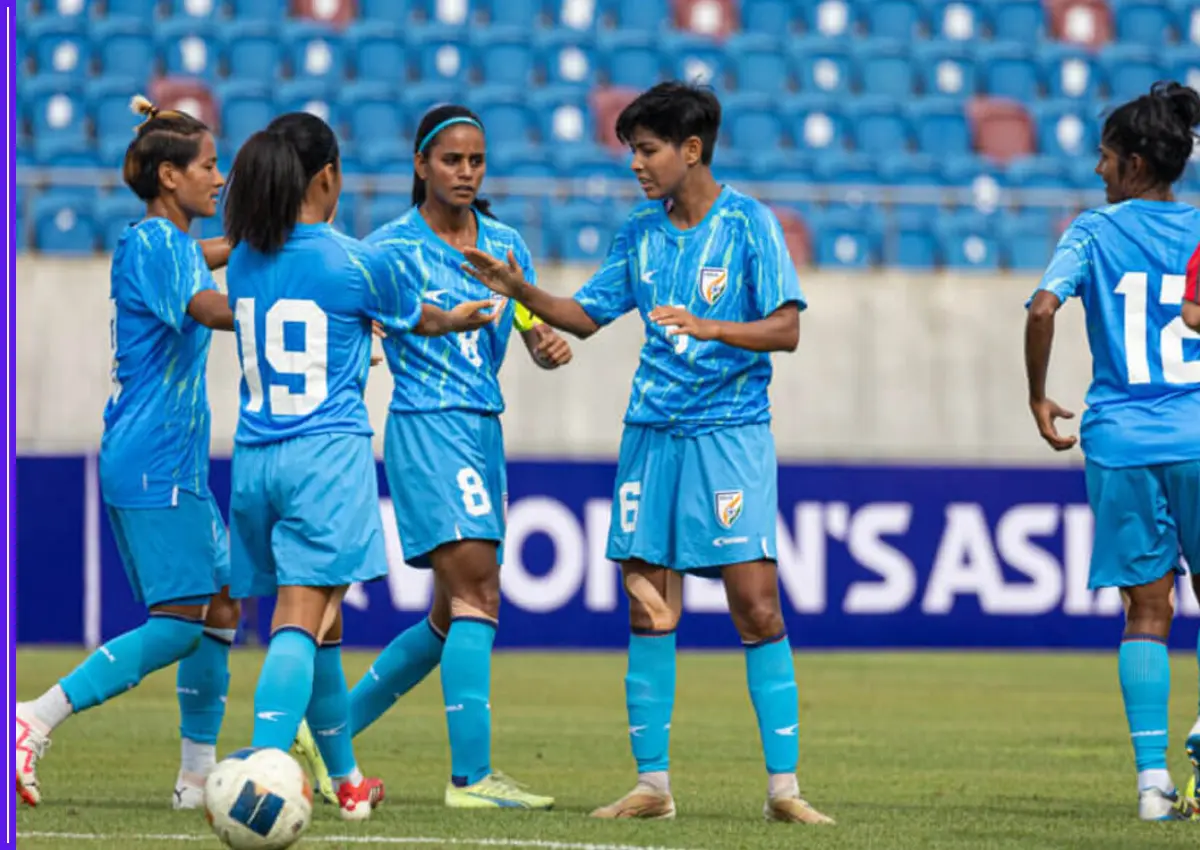In a strong assertion of judicial authority, a Delhi court on April 23, 2025, issued a non-bailable warrant against social activist Medha Patkar for failing to comply with a sentencing order in a long-standing defamation case.

The case stems from a 2001 complaint filed by Delhi’s current Lieutenant Governor, VK Saxena, who at the time led a Gujarat-based NGO. The defamation dispute relates to Patkar’s comments during her activism under the Narmada Bachao Andolan movement.
Although Patkar was initially sentenced to five months of simple imprisonment in July 2024, the court had later granted her relief under probation for good conduct—provided she submitted the required bonds and paid ₹1 lakh as compensation to Saxena.
However, Additional Sessions Judge Vishal Singh observed that Patkar deliberately ignored the court’s directive by neither appearing for bond submission nor clearing the monetary penalty. Her legal team requested more time, citing a pending revision in the Delhi High Court, but the court dismissed the plea, calling it “frivolous” and “an abuse of the judicial process.”

The court also clarified that there were no interim orders from the High Court restraining enforcement of the sentencing. Consequently, it directed Delhi Police to serve the warrant and listed the matter for further hearing on May 3, 2025.
Medha Patkar – Social Activist and Champion of People’s Movements
Medha Patkar is a renowned Indian social activist best known for her leadership in the Narmada Bachao Andolan (NBA)—a grassroots movement protesting the displacement caused by large dam projects along the Narmada River. With decades of advocacy behind her, Patkar has been a prominent voice for tribal communities, farmers, and marginalized populations, consistently challenging policies that compromise environmental and human rights.
Born in Mumbai in 1954 to socially conscious parents, Patkar’s early exposure to community work shaped her path. She pursued higher education in social work from Tata Institute of Social Sciences (TISS), and soon immersed herself in struggles against unjust development projects across India.
Over the years, she has founded and been associated with several platforms, including the National Alliance of People’s Movements (NAPM). Her work spans a wide range of issues—displacement, housing rights, environmental justice, and equitable development.
Patkar is widely respected for her non-violent resistance, grassroots organizing, and unwavering commitment to democratic values. Her efforts have earned her national and international recognition, including awards like the Right Livelihood Award (often called the ‘Alternative Nobel’).
Despite facing criticism and legal challenges—including recent defamation proceedings—Medha Patkar remains an influential figure in India’s socio-political landscape, symbolizing persistent advocacy for the voiceless.
Key Takeaways:
- Rule of Law First: The court’s decision highlights a growing intolerance for non-compliance, regardless of an individual’s social or political standing.
- Impact on Civil Society: While Medha Patkar remains a respected figure in activist circles, this legal setback underscores the need for accountability even in public interest work.
- Legal vs. Political Narrative: The matter, involving a government official and a well-known activist, may invite broader scrutiny over the intersection of dissent and defamation.





